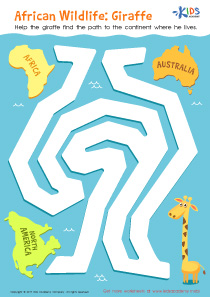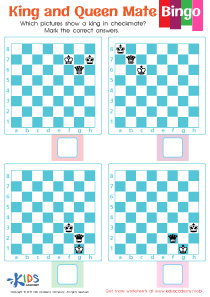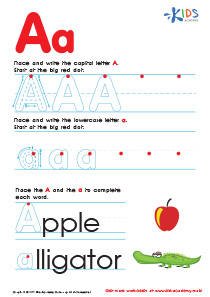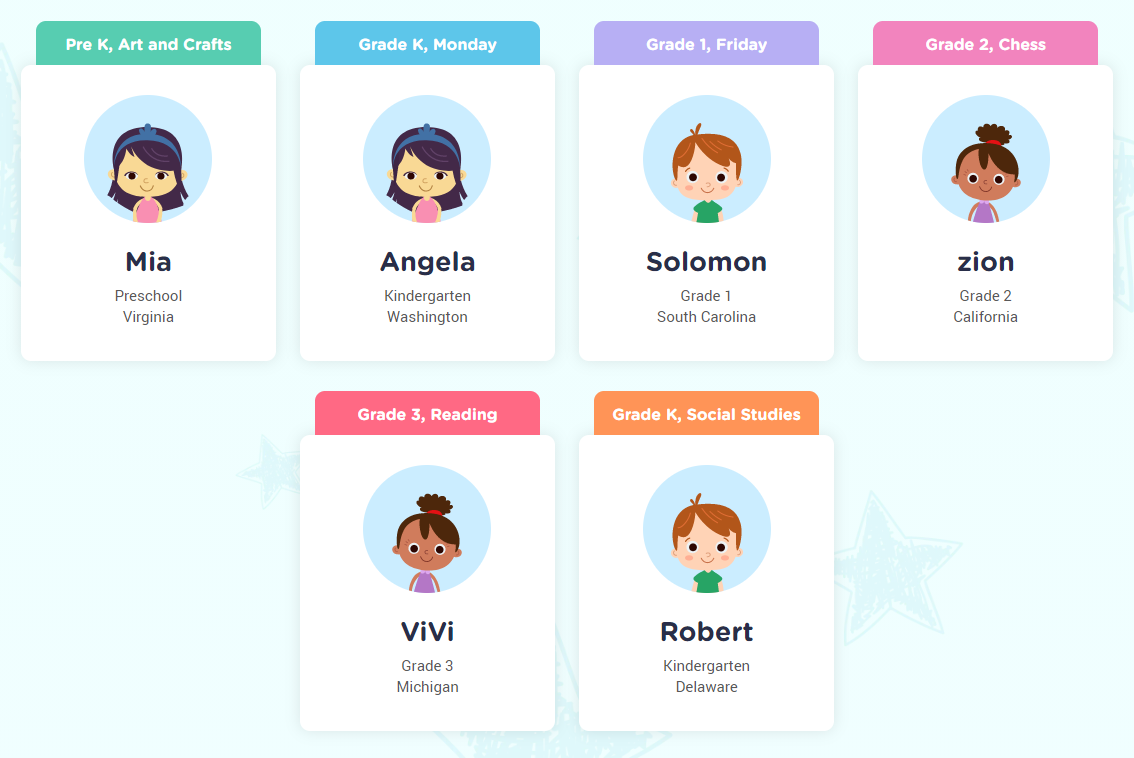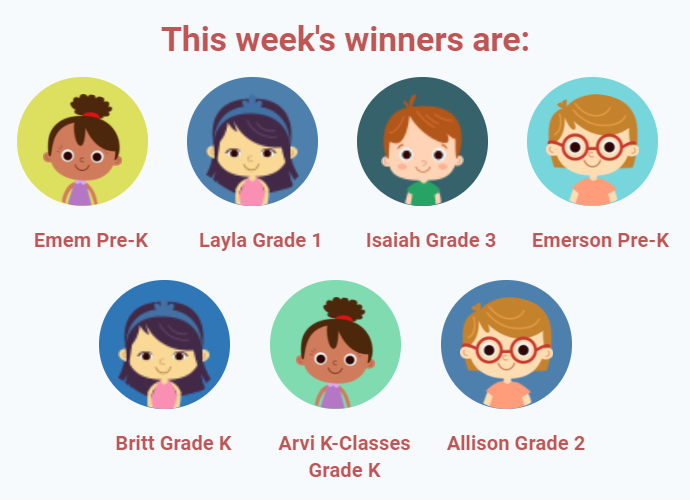Word Relationships and Nuances Quizzes for 8-Year-Olds
2 results
2 filtered results
Clear all filters2 filtered results
-
From - To
Unlock the world of words with our engaging Interactive Assessment Quizzes designed specifically for 8-Year-Olds! Tackling the fascinating topic of Word Relationships and Nuances, these quizzes offer a fun and dynamic way for children to explore how words connect, differ, and play together in the English language. As young learners navigate through the quizzes, they receive instant feedback, guiding them towards a deeper understanding and mastery of word relationships and nuances. Perfect for enhancing vocabulary and comprehension skills, our interactive quizzes make learning exciting, ensuring a rewarding experience for every 8-year-old eager to discover the magic of words.
In today's rapidly evolving educational landscape, the importance of understanding word relationships and nuances cannot be overstated. This is especially true for young learners, such as 8-year-olds, who are at a crucial stage in their linguistic and cognitive development. To cater to this need, interactive quizzes on Word Relationships and Nuances for 8-Year-Olds have become an invaluable resource. These engaging and educational tools are designed specifically to enhance children's understanding of language, improve their vocabulary, and boost their reading comprehension skills in a fun and interactive way.
The beauty of these quizzes lies in their ability to make learning enjoyable. Children are naturally curious and playful; hence, incorporating gamified elements into education not only captures their attention but also sustains their interest in the learning process. Through interactive quizzes on Word Relationships and Nuances for 8-Year-Olds, children are presented with a variety of challenges that require them to think critically about how words relate to each other, discern subtle differences in meaning, and understand how context can affect interpretation. This hands-on approach to learning facilitates deeper understanding and retention of knowledge.
Moreover, these assessments are tailored to the developmental needs and cognitive abilities of 8-year-olds. They are carefully designed to be age-appropriate, ensuring that the content is neither too easy nor too challenging for the children. This balance is crucial in maintaining children's confidence and motivation in learning. By successfully completing the quizzes, children not only acquire new knowledge but also experience a sense of achievement that encourages them to explore further and learn more.
Another key advantage of interactive quizzes on Word Relationships and Nuances for 8-Year-Olds is the immediate feedback they provide. Unlike traditional learning methods, where feedback may be delayed, these quizzes offer instant responses to the learners' inputs. This immediate reinforcement helps children quickly understand their mistakes and learn the correct concepts, facilitating a more effective and efficient learning process. It also enables parents and educators to identify areas where a child might need additional support, allowing for a more personalized and targeted approach to learning.
Furthermore, understanding word relationships and nuances is foundational to developing strong reading and writing skills. As children become more adept at identifying synonyms, antonyms, homonyms, and understanding context clues, they become better readers and more expressive writers. These skills are not only crucial for academic success but also for effective communication in everyday life. Thus, by engaging with these quizzes, children are laying the groundwork for lifelong literacy and learning.
In conclusion, interactive quizzes on Word Relationships and Nuances for 8-Year-Olds are a powerful tool in the educational arsenal for young learners. They combine the elements of fun, engagement, and effective learning to help children grasp complex linguistic concepts in an enjoyable manner. By enhancing vocabulary, reading comprehension, and critical thinking skills, these quizzes prepare children not just for their current academic challenges but for a future where effective communication and deep understanding of language will be invaluable.
